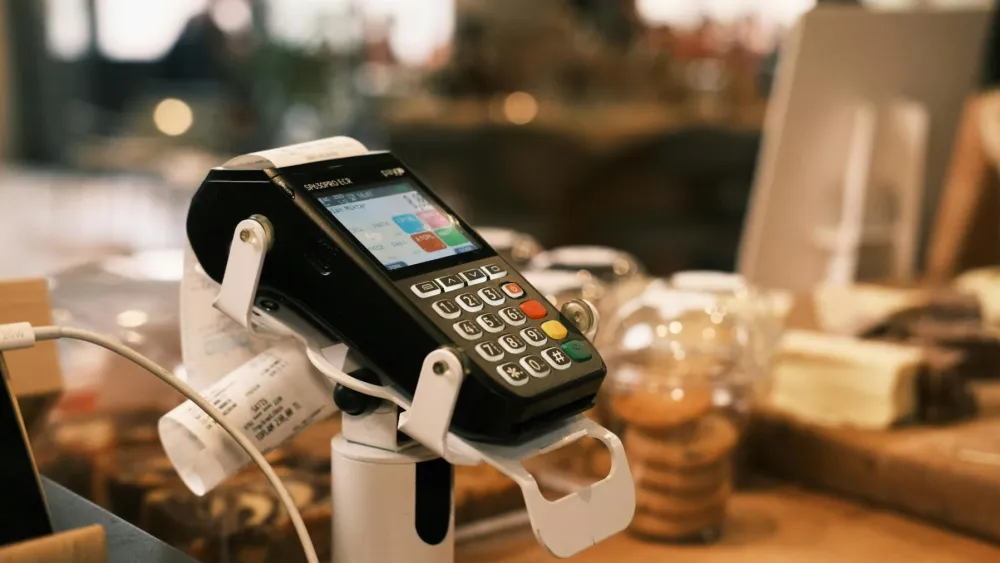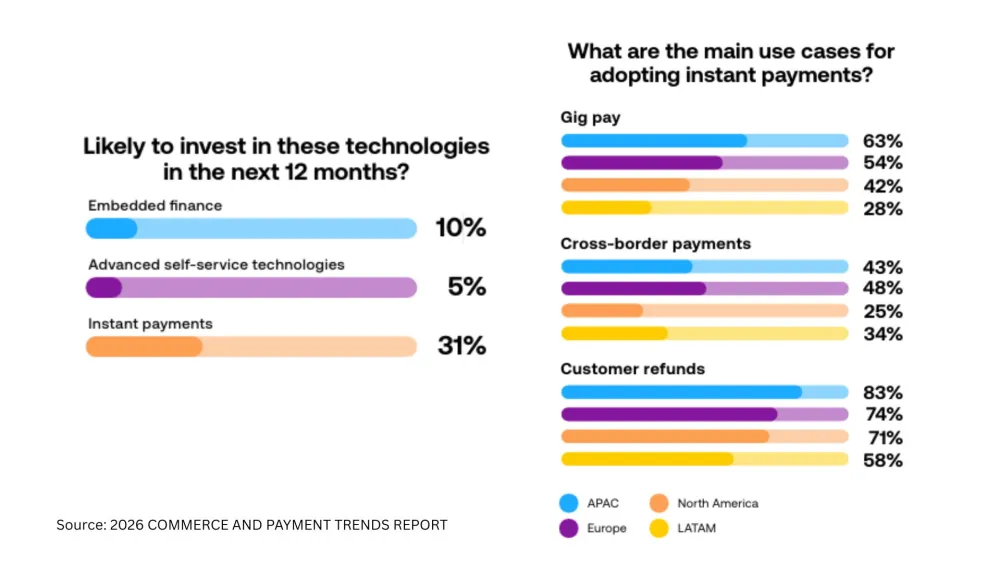
SMEs are the lifeblood of Asia Pacific: Mastercard
Hence, Mastercard launched the world’s first BNPL commercial card solution for SMEs.
The world’s first-ever Buy Now, Pay Later commercial card solution for small and medium enterprises (SMEs) was launched by Mastercard in the recently concluded Singapore Fintech Festival 2021.
Called the Mastercard Pay & Split, Mastercard claimed it to be ‘the next evolution of the payments model’. It provides SMEs with the first-of-its-kind, network-based, open-loop installments solution to be made available anywhere in the world.
The Mastercard Pay & Split addresses the demand for flexible financing options, especially amongst underserved businesses. It is accepted by 80 million merchants around the world and aims to rekindle business growth.
In an interview with Asian Banking & Finance, Sandeep Malhotra, executive vice president of products & innovation at Mastercard Asia Pacific, said that financing has always been the biggest hurdle for SMEs which was brought to a sharp focus because of the pandemic.
According to a working paper by the Asian Development Bank, which surveyed eight developing countries, SMEs experienced considerably reduced employment and sales revenues in the first few months after the COVID-19 outbreak. At least 50% of SMEs experience a temporary closure of their businesses whilst at least 60% face a cash shortage.
What most of these SMEs do is rely on a personal credit or non-bank lenders to finance their operations, which, Sandeel said, is not ideal.
“Mastercard Pay & Split brings new credit opportunities to smaller operators who may not meet certain thresholds for a traditional commercial credit card or term loan, but need working capital to stay afloat or expand. It also opens the door for businesses to generate a credit rating, which can then be used to apply for more sophisticated credit products as the business grows,” Sandeep said.
Support for SMEs
This is not the first time that Mastercard has set its sight on helping SMEs grow their businesses. Back in 2020, Mastercard committed $250m, spread out over five years to support small businesses in every market they operate.
Sandeep said they partnered with a lot of fintech firms to help service SMEs in various markets in Asia. One of these was the launch of the Soft POS in India.
Soft POS enables any smartphone device to turn into a point of sale (POS) device. According to Sandeep, this makes it easier for merchants to accept payments from any bank as registering only takes about 30 minutes. From there, it takes just a tap from the contactless card of the consumer to the merchant smartphone with NFC functionality.
Soft POS is not just a payment app because it can record and store credit, send payment ledgers with a payment link to customers and record transactions like a cash register. Merchants can also use the app to create a catalogue of items available and offer convenience in ordering.
Investments in Southeast Asia
In October, Mastercard also announced a regional partnership with superapp Grab. Its goal is to provide millions of informal workers and small businesses on the Grab platform access to digital upskilling opportunities to create more pathways and income opportunities for them.
According to the platform economy report by Bain and the Tech for Good Institute, platforms have invested in and contributed to Southeast Asia’s digital economy by developing critical physical and digital infrastructure, and providing access and convenience to consumers and micro, small, and medium enterprises.
In short, Southeast Asia needs to focus on strengthening the population’s digital literacy and trust to drive deeper digital economy participation.
The Mastercard-Grab partnership aims to fill this gap by granting underserved communities access to core digital, financial and business skills to help them better manage their finances and businesses and participate fully in the digital economy.
These are just some of the projects that Mastercard piloted to help SMEs get paid, get capital, and get digital.
“Pay & Split is a clear example of how we’re helping businesses to gain access to capital. In terms of getting paid, we’ve developed acceptance measures that give merchants and consumers flexibility in how they pay and get paid, using technologies such as QR codes, touchless payments, and smartphone-enabled POS devices,” Sandeep said.
Sandeep said SMEs form the foundation of economies in the Asia Pacific that’s why they need a lot of support especially after being the hardest hit by the pandemic. He said that larger businesses have had a range of safeguards to fall back on during this turbulent time, whether that’s having more working capital on hand, closer ties with financial institutions, or a more established digital presence.
“We believe it’s vital to offer smaller operators some of these same advantages. Our goal for SMEs is that small businesses can become medium businesses, and medium businesses can grow into even bigger operations. Though not every business aspires to massive growth, for those that do want to expand, we want to ensure that the label SME can be a transitional one,” Sandeep added.



















 Advertise
Advertise











